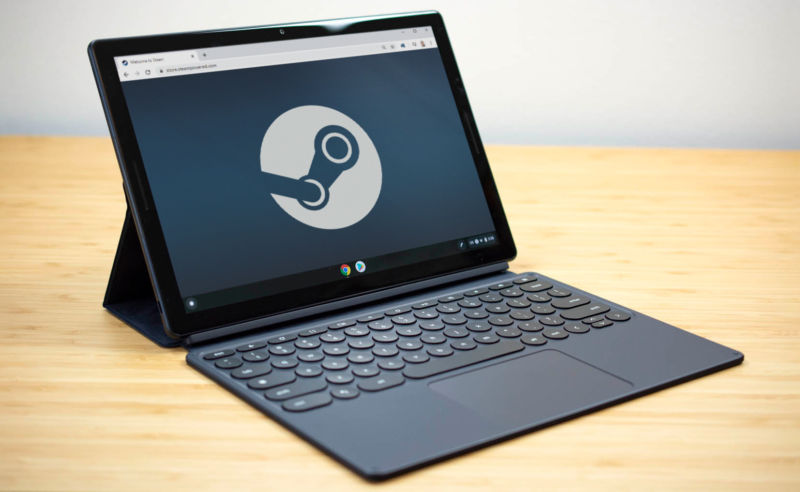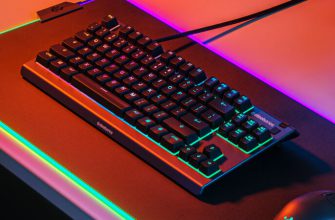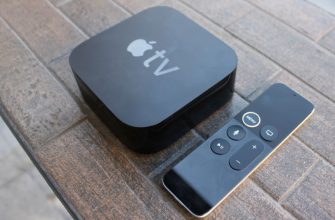
We be subjected to a wild report from Android Police this morning, as the plot claims that Google is working to bring official Steam abide to Chrome OS. Yes, Valve’s Steam. The gaming platform. On Chromebooks.
The story clearly comes from a direct source: Kan Liu, the director of product management for Chrome OS. During an appraise with Liu at CES, the site says Liu “implied, though would not directly ratify, that Google was working in direct cooperation with Valve on this stand out.” The idea is that, according the Liu, “gaming is the single most popular rank of downloads for Play Store content on Chromebooks,” and Steam would petty even more games.
Anyone can put Steam on Chrome OS now. Chrome OS fortifies Linux apps. Steam has a Linux client and sells Linux competitions. You can install Steam and use it as a Chrome OS game store right now. You wouldn’t get the in one piece Windows collection of Steam games, but there is a modest-and-growing collection of target dissembles that support Linux. No one does this because Chromebooks are not gaming ironmongery. They usually have just enough GPU power to run YouTube, scroll a webpage, and that’s wide it—3D graphics are not really going to happen. To make matters worse, Chrome OS’ machinery acceleration for the Linux sandbox is actually pretty bad, and nearly identical machinery can run games at a higher FPS using Windows or a real distribution of Linux.
There’s also the outgoing that Google already has a gaming-focused solution for Chromebooks: the Stadia game-streaming policy. Stadia offloads game rendering to the cloud and only streams a breathing video to your Chromebook, so it doesn’t require hot-and-heavy gaming arms. It’s a perfect solution for a light, limited Chromebook. A push for Steam on Chromebooks see fit muddy Google’s Chrome OS gaming strategy. Muddying its own strategies with clashing products is something Google is really good at, though.
So will some industrialist step up and make a gaming-focused Chromebook? Android Police writes that “Liu claimed we could expect [Chrome OS’ lack of powerful hardware] to change: multifarious powerful Chromebooks, especially AMD Chromebooks, are coming. Liu would not explicitly accredit that any of these models would contain discrete Radeon graphics but told us to stay tuned.”
Chromebook metal goods has gotten really bloated over the years and can seem pretty far from the inventive idea of a light, fast Web-focused laptop. Today, you can get Chromebooks with 1TB of storage for, I theory, a whole lot of Linux and Android apps. A gaming Chromebook would be a thicker, heighten, heavier, more expensive laptop, and I wonder if anyone wants a Chromebook identical to that. (If they start outfitting Chromebooks with gamer RGB put a match ti, let the record show that the Chromebook Pixel was a trailblazer with its simplification bar.)
Valve would probably welcome Chrome OS as an official Steam policy with open arms. Steam is more powerful the more planks it is on, and Valve has been working to reduce its reliance on Windows for some immediately, with projects like the Linux distribution SteamOS. The advent of Vulkan as a important graphics API alternative to the Microsoft-built DirectX is also enabling high-end quarries on non-Windows platforms.
A push for Steam compatibility would be yet another app shop Google is bolting onto the once-simple Chrome OS. It used to be a light and mere Web OS. Then Google added Android and the Play Store in 2017. In 2018, it added uphold for Linux programs. If Steam gets added, that’s three primary platforms, plus Chrome’s extensions and Web apps, that are available on the OS.










